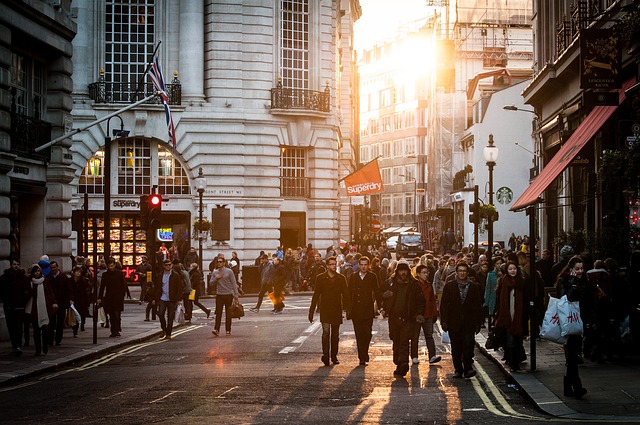It may surprise you to know that the continually occupied urban city in the world happens to be Damascus (11000 years of continual habitation) along with Varanasi (6000 years of continual habitation). This only goes on to underscore the fact that urbanization is not a modern phenomenon but rather one that mankind had strived for and had accomplished several times in our not-so-distant past. So that begs the question, why urbanization? Well, urbanization or the centralization of resources in a single location made it convenient for residents to access the same as well as ensured that the city and its inhabitants were well protected against various elements such as storms, and even gave adequate protection from attacks by marauders. Since then mankind had evolved and today we have over 4200 cities or urban centers on this earth, with a population that exceeds 150,000 percenter, according to NASA. Given this, it is time that we explored the positive and negative effects of urbanization.

Positive impact of urbanization:
- Safety: One of the main reasons for people to develop vast urban centers and one of the underlying need for rapid expansion was the most basic requirement – safety. Urban centers made it possible for local governments’ to centralize defense, pool resources and defend the population against various threats and most of them successfully. Today, our cities are designed to help protect against natural threats such as storms, health outbreaks, floods and other natural disasters. In fact, most cities come equipped with disaster management which ensures that all its citizens are protected against all forms of threats.
- Employment: There’s a good reason why the youth often head to big cities in search of employment. Urban centers often teem with opportunities that can offer individuals with some much-needed employment and moreover, these cities often come loaded with opportunities as well. In fact, the ratio of new entrepreneurial startups in big established towns is often many times over that of its smaller cousins. The fact is that urban centers, especially well-established urban centers provide you with invaluable resources that you can use to hone your entrepreneurial skills.
- Heath and transport: One important facet that sets apart an urban center from the rest is the fact that its residents have access to premium medical services and even free medical services along with top-of-the-line transportation facilities. Urban centers are intricately liked with other urban area and often offer multiple layers of transportation, from the monorail to tubes, ferries to trams, buses to uber – you can take your pick.
Negative impact of urbanization:
Low standard of living: Ironically, as urban cities thrive and it draws in more people, so do the slums. Most of the essential commodities are priced slightly higher or a lot higher than they are in semi-urban areas; as a result, most of these urban centers contain slum areas with extremely poor sanitation and sub-standard living conditions. Most of these areas are populated by those who have come in search of opportunities in these cities; you can argue that rapid urbanization also allows for such slums to exist in the first place.
Loss of natural habitat and ecosystems: Urban centers are always expanding as they take in more people; and as a result of this expansion, natural habitats and ecosystems are often filed in, paved over with new roads being built over the same. A recent UN report highlighted the fact that several species, both flora and fauna had become extinct as a result of deforestation and rampantly unchecked urbanization.
Air pollution: One of the immediate drawbacks to living in a well-established urban city is that you would be exposing yourself to various hazards such as air pollution. In fact, China is home to several urban areas where the air pollution, as a result of exhaust from vehicular traffic and industries have gotten so bad that these areas are now blanketed in a perpetual haze of noxious substances. As a result, most of those residing in urban areas have become more susceptible to various health conditions including developing respiratory disorders.
These are some of the positive and negative effects of urbanization. Urbanization is part and parcel of our reality and one that we cannot do without for it is vital that we have access to the best in medical care, knowledge, educational system, opportunities as we struggle to live from one day to the next.
- Tulip Mania – The Story of One of History’s Worst Financial Bubbles - May 15, 2022
- The True Story of Rapunzel - February 22, 2022
- The Blue Fugates: A Kentucky Family Born with Blue Skin - August 17, 2021
